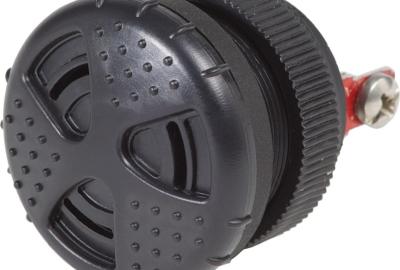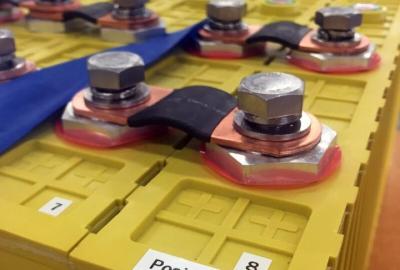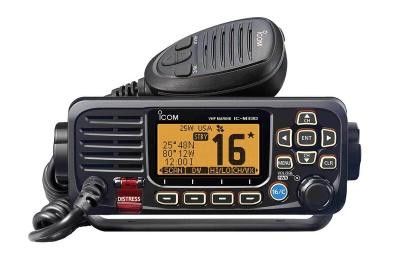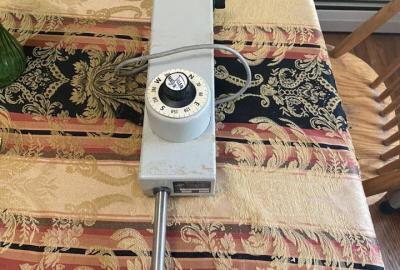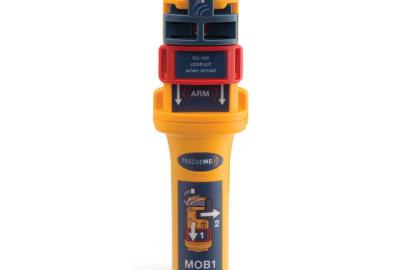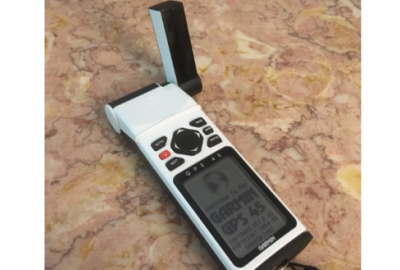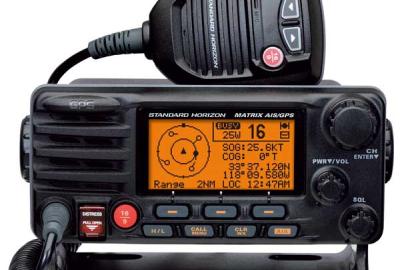I would suggest that there should be a handful of audible early warning systems on every boat. This goes especially for recreational skippers and even more so for those who sail as a passage-making couple. The benefits of early warning do not always jump out at you. Many of the following early warning systems are warnings where vessel integrity and crew safety are at risk. Those are urgent and must be attended to. Others are warnings that can be dealt with in a more leisurely manner.

In general, of all of the lithium-ion cells that were tested, LiFePO4 would be considered the safest cathode material because of the relatively low temperature rise and the resulting low likelihood for thermal runaway to propagate. LiCoO2 and LiMnNi would be considered the most hazardous because of the relatively large temperature rise and high probability for propagation of thermal runaway to adjacent battery cells.
- 22 February 2025
It may be too soon to store your sextant, sight reduction tables, chronometer, and that funny starfinder...
- 30 May 2024
The CCA Offshore Communications Committee has prepared an in-depth overview of offshore communications methods and co
- 19 February 2024
A few minutes later, however, the familiar sound stopped, and the swing of the rudder and tiller came to a halt with perhaps 10 degrees of port rudder locked in. Before I could get to the tiller and lift the tiller pilot off its pin, the boat flew through an uncontrolled gybe ...
- 1 September 2023
One of the most exciting developments has been the progression of Man Overboard Beacons (or Crew Overboard Alarms or whatever you want to call them). Over the last 20 years or so, through about four generations of products and technology, these life-saving gizmos have evolved from being a bit iffy to being reliable and near-mandatory. Let’s briefly review the path that led to where we are now.
- 6 September 2022
It would be prudent for all navigators on unfamiliar boats, or perhaps when returning after a period of time to a familiar boat, to ensure that the hidden, potentially helpful fudge factors buried in silicon memories are actually helping, not hurting, your navigational accuracy
- 1 September 2022
Not just for safety anymore, DSC can be used to contact another boat for purely non-emergency reasons, such as find other boats positions and automatically plot them on your chart-plotter Not only that, you can set your radio to be part of a “group” to send and receive alerts intended for a fleet of vessels. This capability may serve any fleet, be it yacht club, regatta, race or just a group of friends.
- 15 August 2020
Lithium batteries are a fact of life in this day and age, and, like so many other things aboard, we must treat them with care. When I wrote the CCA article on Fire in the Boat – Prevention, I gently danced around the issue of fires in smaller Lithium-Ion and Lithium-Metal batteries. There I talked about the issues of charging them (don’t let that happen in a bunk or under a sail), and the high heat they generate when shorted.
- 28 February 2018

